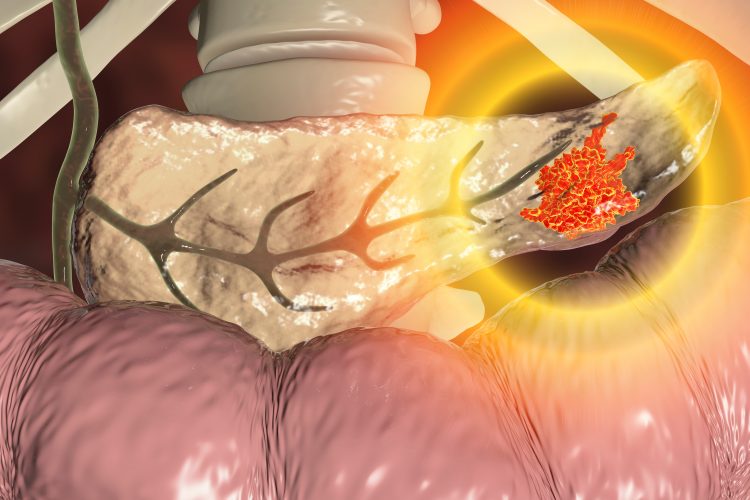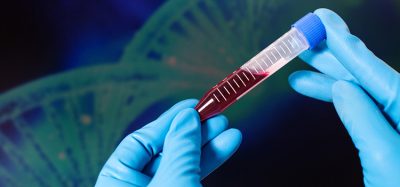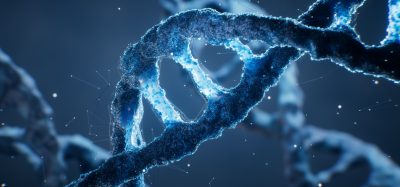PJ34 triggers self-destruction of human pancreatic cancer cells
Posted: 3 December 2019 | Hannah Balfour (Drug Target Review) | No comments yet
A study conducted on human pancreatic tumours transplanted in mice reveals promise for an effective therapy in the future, say researchers.


Researchers have found that a small molecule, PJ34, reduces the number of human pancreatic cancer cells in transplanted tumours by 90 percent.
Pancreatic cancer is currently without an effective treatment, remaining resistant to all therapies currently available.
Xenografts – transplantations of human pancreatic cancer into immunocompromised mice – were used by researchers at Tel Aviv University, Israel to test a new small molecule that has shown the potential to induce the self-destruction of pancreatic cancer cells.
…the pancreatic cancer cells in the tumours of the treated mice experienced a relative drop of 90 percent”
“In research published in 2017, we discovered a mechanism that causes the self-destruction of human cancer cells during their duplication (mitosis) without affecting normal cells,” explains Professor Malca Cohen-Armon, project lead at Tel Aviv University’s Sackler Faculty of Medicine. “We have now harnessed this information to efficiently eradicate human pancreatic cancer cells in xenografts. The current results were obtained using a small molecule that evokes this self-destruction mechanism in a variety of human cancer cells.
“The mice were treated with a molecule called PJ34, which is permeable in the cell membrane but affects human cancer cells exclusively. This molecule causes an anomaly during the duplication of human cancer cells, provoking their rapid cell death. Thus, cell multiplication itself resulted in cell death in the treated cancer cells.”
A month after being injected with PJ34 daily for 14 days, the pancreatic cancer cells in the tumours of the treated mice experienced a relative drop of 90 percent. In one mouse, the tumour completely disappeared.
“It is important to note that no adverse effects were observed and there were no changes in the weight gain of the mice, nor in their behaviour,” says Cohen-Armon.
This mechanism also acts efficiently in other types of cancer resistant to current therapies. The molecule PJ34 is being tested in pre-clinical trials according to US Food and Drug Administration (FDA) regulations before clinical trials begin.
The findings were published in Oncotarget.
Related topics
Disease Research, Drug Discovery, Oncology, Pharmacology, Small Molecules
Related conditions
Pancreatic cancer
Related organisations
Sackler Faculty of Medicine, Tel Aviv University
Related people
Professor Malca Cohen-Armon








